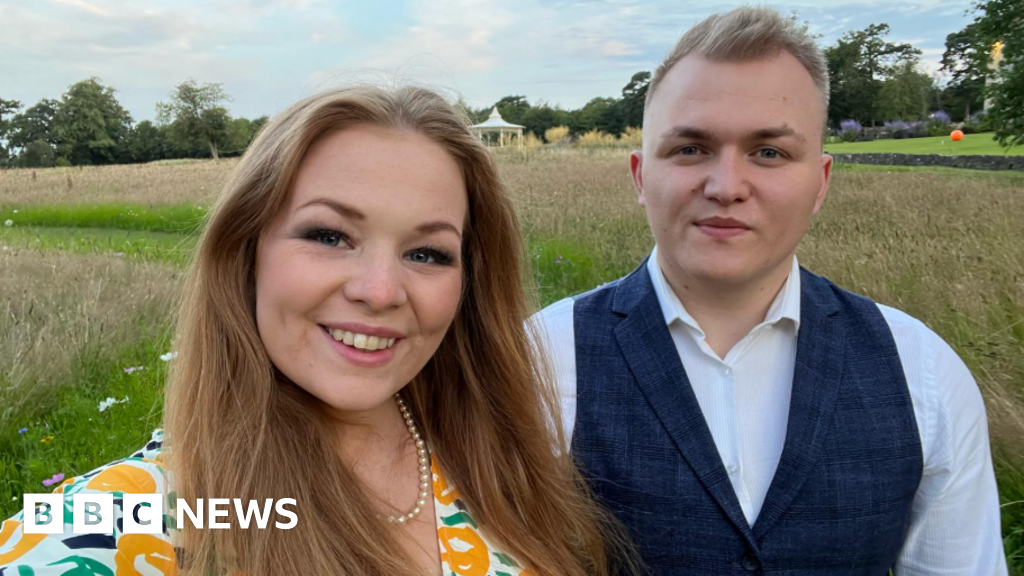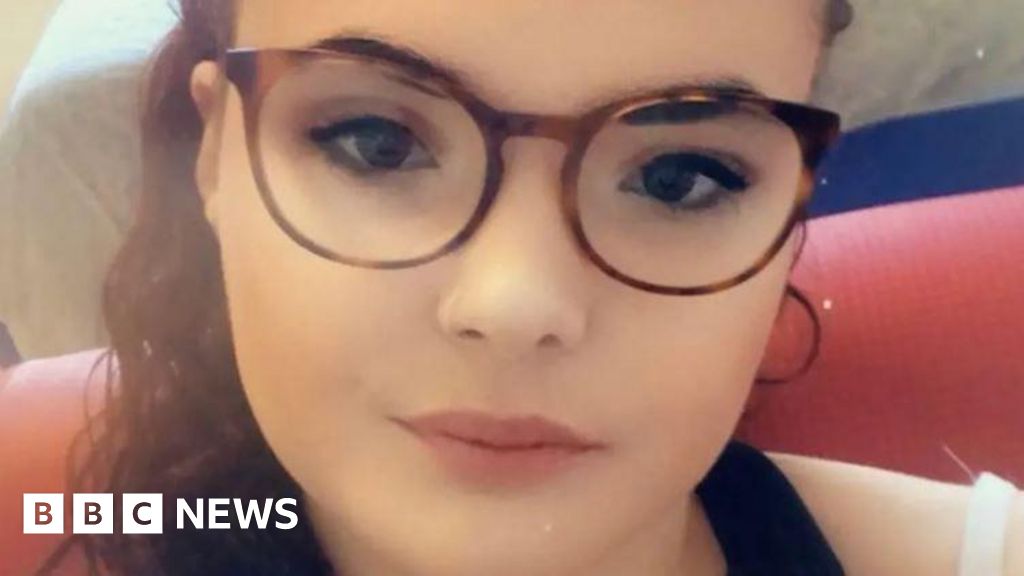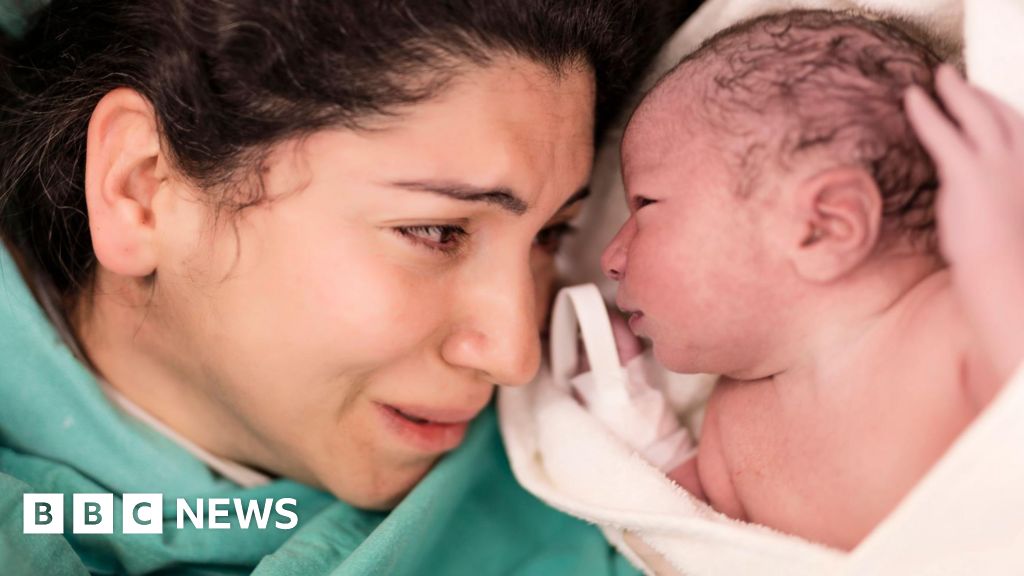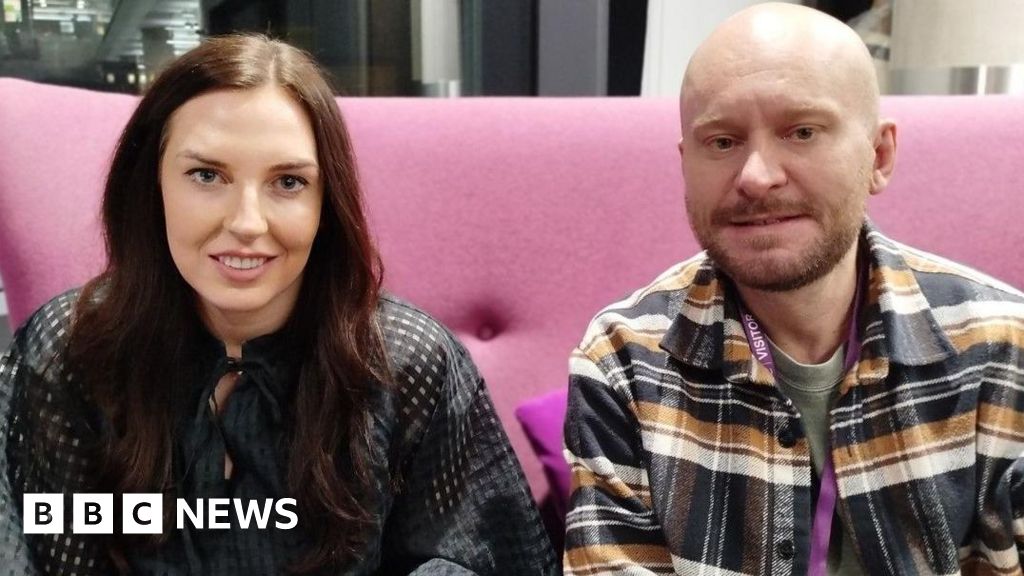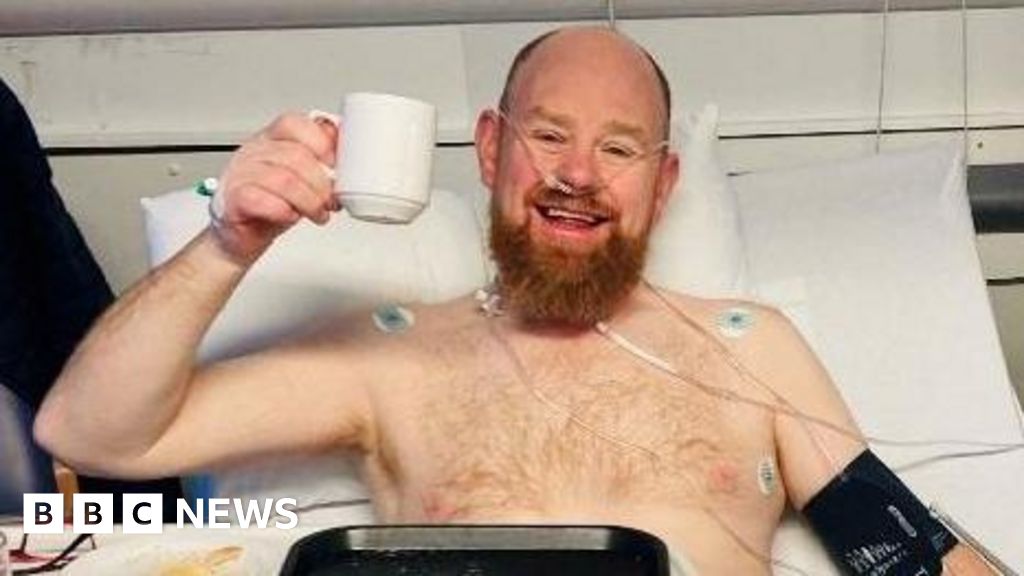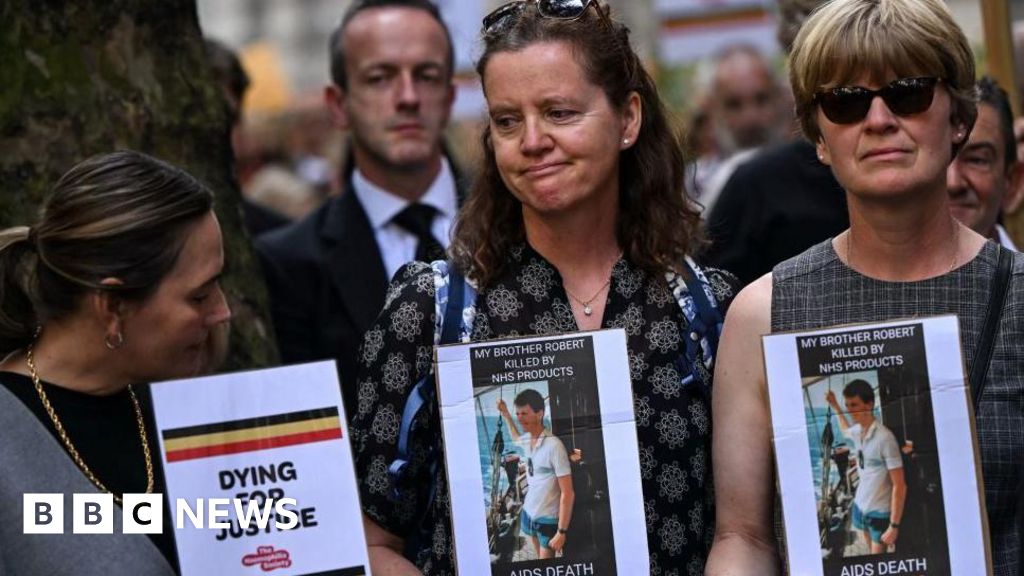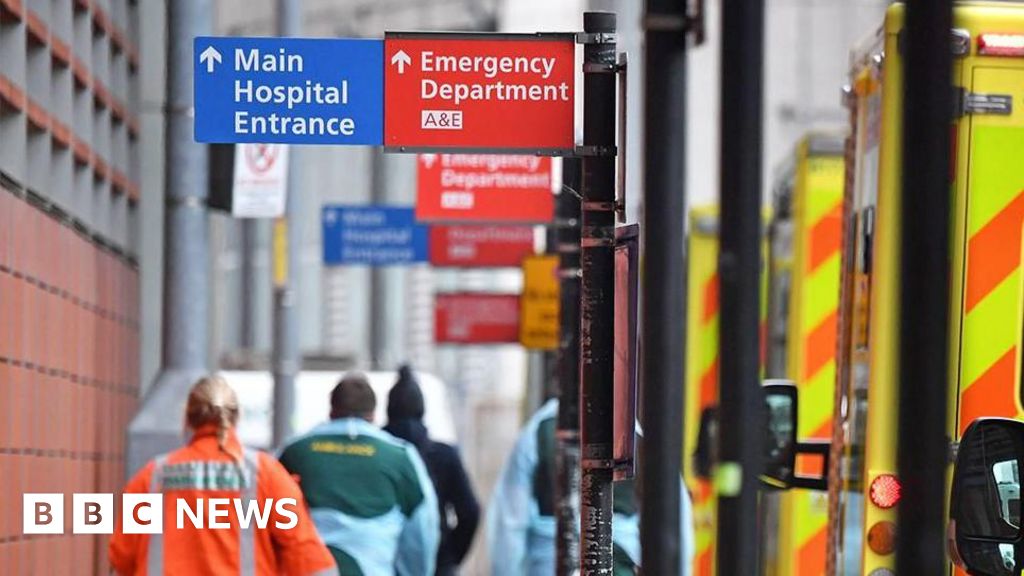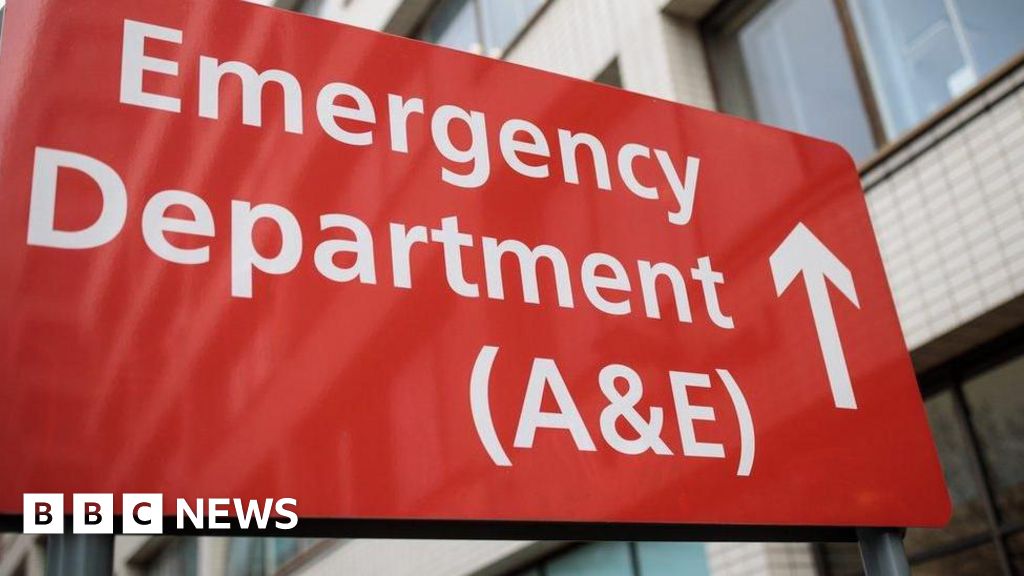
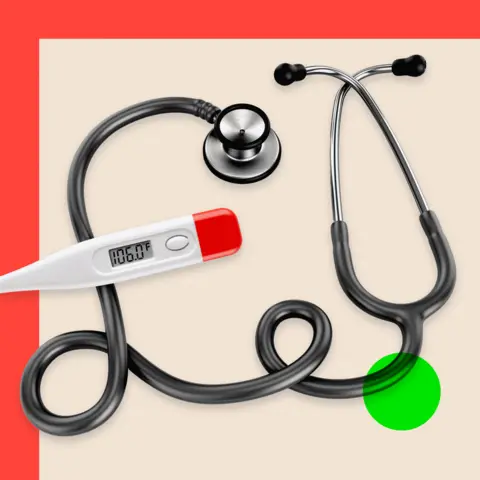 BBC
BBC
It had been the NHS’s longest-running and bitterest pay dispute - responsible for hundreds of thousands of cancelled operations and appointments.
And then, suddenly, word came on Monday that the British Medical Association was recommending that its 50,000 junior doctor members accept a fresh offer from the new government.
It sounded almost too good to be true. And now some are wondering if it might be.
What’s the deal?
Last Friday, just three days after formal negotiations started at the Department of Health’s London headquarters, Health Secretary Wes Streeting laid his cards on the table.
It was, he made clear to the British Medical Association delegation, a final offer - a pay rise topping 22% on average over two years in England.
The union’s team said they wanted to think about it over the weekend. On Sunday, the BMA junior doctor leaders met and decided that, while it fell short of their demand for a 35% pay increase, this was the best deal they could get.
Cue much trumpeting from the government - in her appearance at the House of Commons, Chancellor Rachel Reeves paid tribute to work put in by the health secretary.

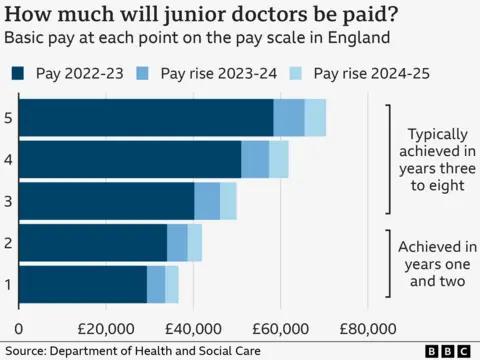
How it was brokered
Mr Streeting had met the BMA joint junior doctor leaders Dr Rob Laurenson and Dr Vivek Trivedi several times before the election - asking them in their last meeting on Zoom to call off the strike they were about to hold in the lead-up to polling day.
When he was made health secretary, Mr Streeting immediately called the BMA to set up talks. Two meetings were held with Dr Laurenson and Dr Trivedi in a 10-day period following his appointment - before the formal pay talks started.
The health secretary’s hand was helped by the fact the independent pay review body’s recommendations for the 2024-25 pay rise had just landed on his desk, suggesting a 6% pay rise and £1,000 lump sum be given.
This allowed him to make an offer which effectively combined two years of pay rises. He topped up last year’s pay award - worth nearly 9% on average - with an extra 4% as well as agreeing to the pay review body’s recommendation for the current financial year.
In less than a week of talks, the new health secretary had achieved what the previous government had failed to do over the course of 11 strikes in the previous 18 months.
So everyone claims they’ve won?
“What’s important is it could be presented as a win-win for both sides,” one source close to the talks said.
“The BMA got a big number, while the government only put in an extra 4% above what the pay review body recommended across the two years - that is just one percentage point more than what the Tories put on the table back in December when talks collapsed.”
Defending the deal, Ms Reeves called the costs - around £350m - a “drop in the ocean” compared to the £1.7bn cost of NHS strikes.
That may all be true, but what’s on offer to junior doctors has not gone unnoticed elsewhere in the NHS.
It could deprive the frontline of cash
A pay rise of only 2% for NHS staff was budgeted for in the funding given to the health service this year.
The Treasury has indicated it will cover some of the extra, but perhaps not all. That has caused concern among senior managers running hospitals.
“Unless we get additional money to pay for this pay rise we will have to take money out of services and that is not right for the people that we serve,” says Nick Hulme, the boss of Ipswich and Colchester Hospitals.
Here come more pay claims
There’s also frustration among other frontline staff who are having to make do with much less. Staff such as nurses, midwives, paramedics and physios have received a little more than half the rise junior doctors have won.
The Royal College of Nursing (RCN) has said it will now be consulting its members to see what they want to do - and industrial action is not being ruled out.
“We do not begrudge doctors their pay rise,” RCN leader Prof Nicola Ranger says. “What we ask for is the same fair treatment from government.”
Prof Len Shackleton, an economist at the University of Buckingham and research fellow at the Institute of Economic Affairs, believes this could be just the start of a fresh round of pay demands.
“The government is naïve if it thinks this is over - other unions will look at this deal and think they can get more, not just those in the NHS but across the public sector. This could spiral out of control.”
Ready for round two?
On Thursday GPs launched a work-to-rule over what they say is insufficient funding for general practice – although the ballot leading up to this was run before the junior doctor deal was announced.
And already there are signs the junior doctors themselves will be back asking for more.
In WhatsApp messages leaked to the Times newspaper, Dr Laurenson said there would be another “window of opportunity” in 12 months time for further strikes when the new government’s honeymoon period is over.
He said he “desperately” wanted to get more from ministers, but this was the best that could be achieved for now. When the story emerged, he took to X to say he had told Mr Streeting as much to his face during the talks.
The end of the NHS industrial disputes may not be as close as it first seemed.
Top picture: Getty Images
BBC InDepth is the new home on the website and app for the best analysis and expertise from our top journalists. Under a distinctive new brand, we’ll bring you fresh perspectives that challenge assumptions, and deep reporting on the biggest issues to help you make sense of a complex world. And we’ll be showcasing thought-provoking content from across BBC Sounds and iPlayer too. We’re starting small but thinking big, and we want to know what you think - you can send us your feedback by clicking on the button below.

 4 months ago
17
4 months ago
17
